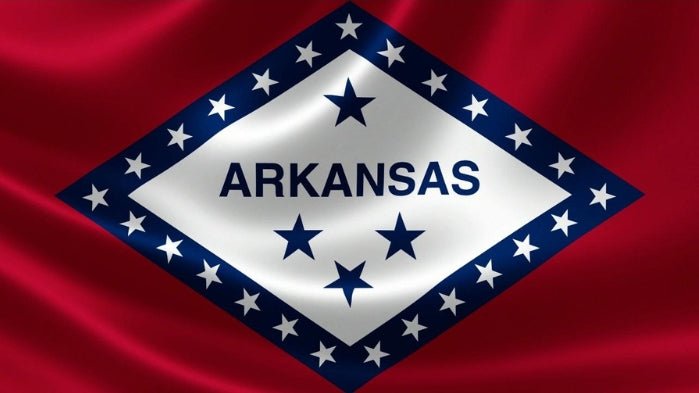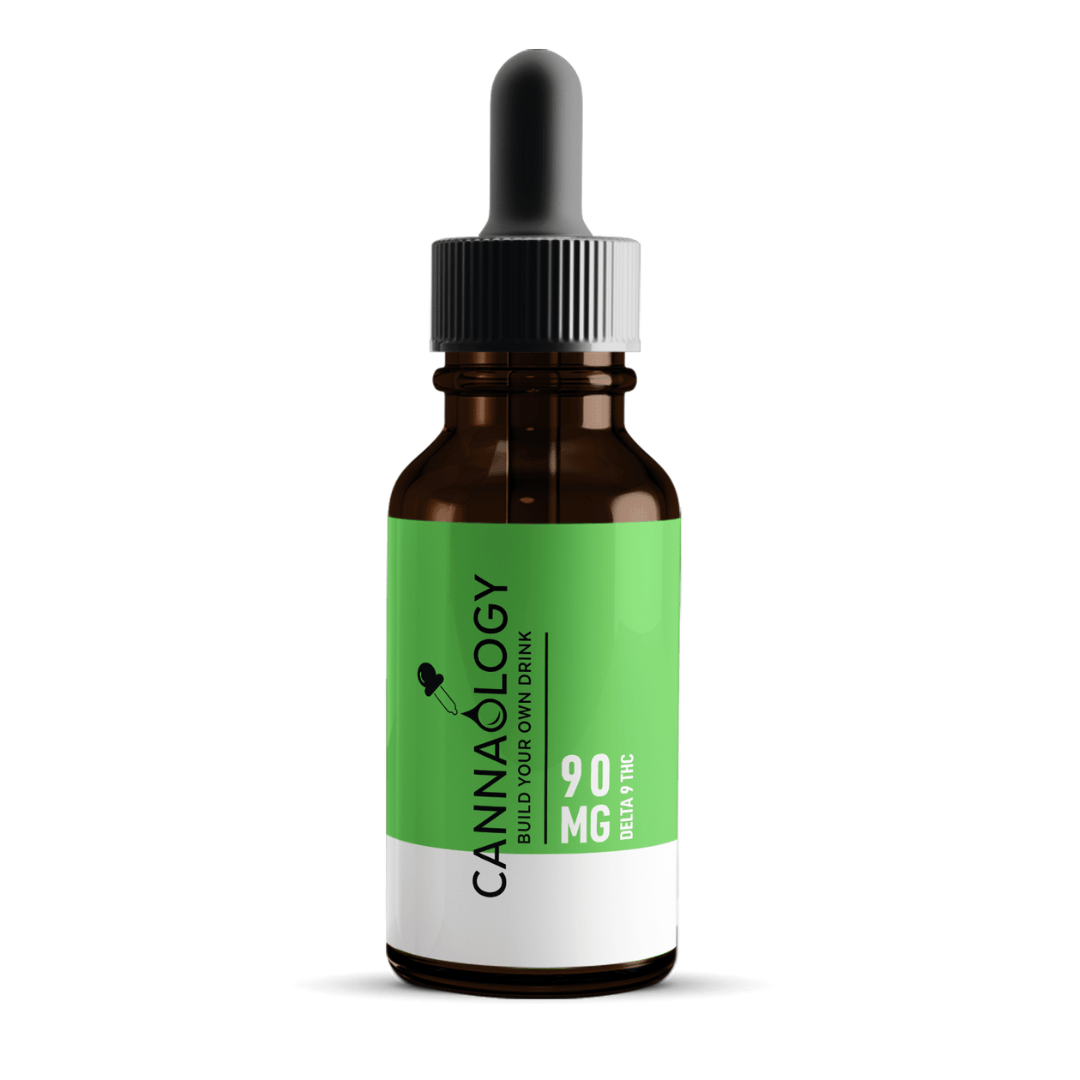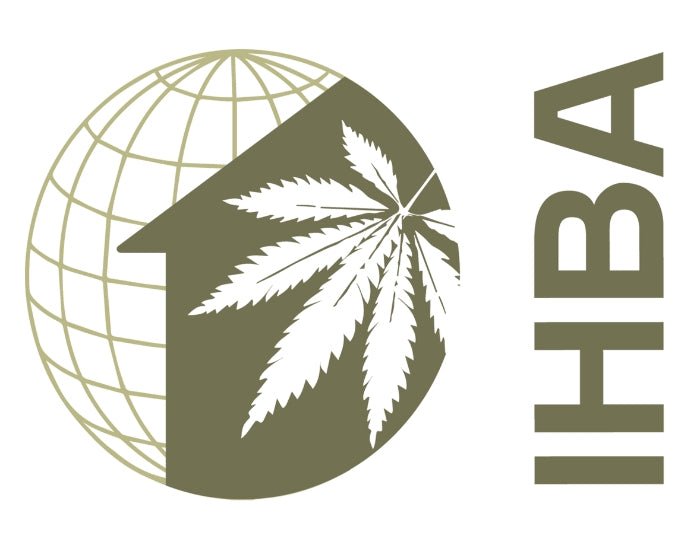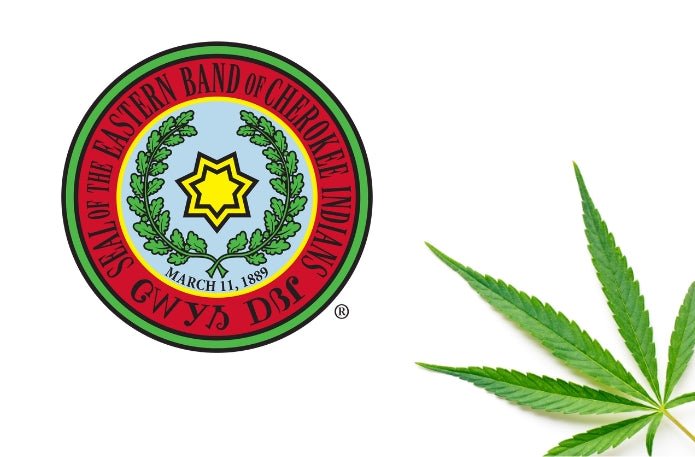The order will temporarily lift the ban on products containing the controversial hemp-derived cannabinoid.

The legal battle over manufacturing and selling items containing hemp-based cannabinoids, including delta-8, delta-9 and delta-10, continues to rage across the country. The latest battleground state is Arkansas. According to multiple local and national media outlets, a federal judge issued an order last Thursday blocking the enforcement of a new law to ban the sale of the intoxicating hemp-derived variants.
U.S. District Judge Billy Roy Wilson referred to the ban as "confusing and arbitrary" when he granted an injunction on September 7 to halt the state's implementation of Act 629, passed by the Arkansas state assembly earlier this year.
Under the new law, hemp-derived delta-8, delta-9, and delta-10 THC variants are now Schedule VI controlled substances, the same classification as recreational cannabis.
The lawsuit prompting the judge's action was filed the day before the measure was set to go into effect by four businesses: Bio Gen LLC, Drippers Vape Shop LLC, The Cigarette Store LLC, and Sky Marketing Corp.
The lawyers for the plaintiffs pointed out in their legal briefs that the new law is "unconstitutionally vague" and that the 2018 Farm Bill preempts any state law attempting to ban hemp-derived cannabinoids.
Following the passage of the Farm Bill, hemp was removed from the Controlled Substances List. With that new designation, farmers could once again cultivate hemp as a legal agricultural product, and manufacturers could begin to create and sell products containing hemp-derived THC, including delta-8.
Delta-8 occurs naturally in minimal amounts in hemp and has much milder intoxicating effects than delta-9, which most people associate with the "high" of smoking or ingesting cannabis products. However, a synthetic process involving hemp-derived CBD can create a much more potent and potentially dangerous form of delta-8.
Because the chemically manufactured delta-8 technically derives from the hemp plant, multiple courts have ruled that it is still legal to manufacture and sell under the provisions outlined in the Farm Bill. As a result, several enterprising hemp industry entrepreneurs began manufacturing and marketing products containing the more potent form of the isomer.
Following those decisions, mostly unregulated items with hemp-based delta-8 began appearing in convenience stores and gas stations nationwide. Tragically, at least one of those products has been linked to the death of a toddler in Virginia last year. In addition, there have been multiple cases of individuals, including teenagers, falling ill after ingesting items containing delta-8.
In response to the proliferation of synthetically manufactured THC products, several states began to pass legislation severely restricting and, in many cases, banning the politically toxic THC variant. Arkansas is now ground zero for the current debate over how to regulate the wildly misunderstood hemp plant and its complicated chemistry of by-products.
As part of his ruling, Wilson said that while the state can enact restrictive measures on the cultivation and production of hemp and hemp products, limiting or inhibiting the transportation of those items violates federal law. He also pointed out the erratic nature of the legislation, where lawmakers seemed to "keep the parts of the program it likes (purely industrial uses) and eliminate the parts it doesn't (human consumption)."
"Arkansas law criminalizes hemp-derived products without an effective exemption for interstate commerce," Wilson said.
"Arkansas law criminalizes hemp-derived products without an effective exemption for interstate commerce."
- U.S. District Judge Billy Roy Wilson
He went on to say that the plaintiffs would likely suffer "irreparable harm" if the law remained in its current form. Along with blocking enforcement of the new law, the temporary injunction granted by the judge also denies the state's request to dismiss the suit. The case is set to go to trial on August 27, 2024.
There are no clear-cut answers or solutions for the delta-8 question. As a result, many industry advocates and stakeholders are looking to Congress to fix the mess critics accuse them of creating by delisting hemp in the 2018 Farm Bill and then providing very little guidance and regulation for this new and burgeoning market.
Lawmakers on Capitol Hill are currently debating the 2023 version of the Farm Bill, which is expected to pass later this year. Hopefully, congressional leaders will take this opportunity to address the glaring issues created five years ago and provide the necessary provisions to fix the loopholes currently plaguing the industry. If not, more legal battles like the one in Arkansas could pop up nationwide as politicians, business leaders and consumers try to figure out what to do with hemp.






































